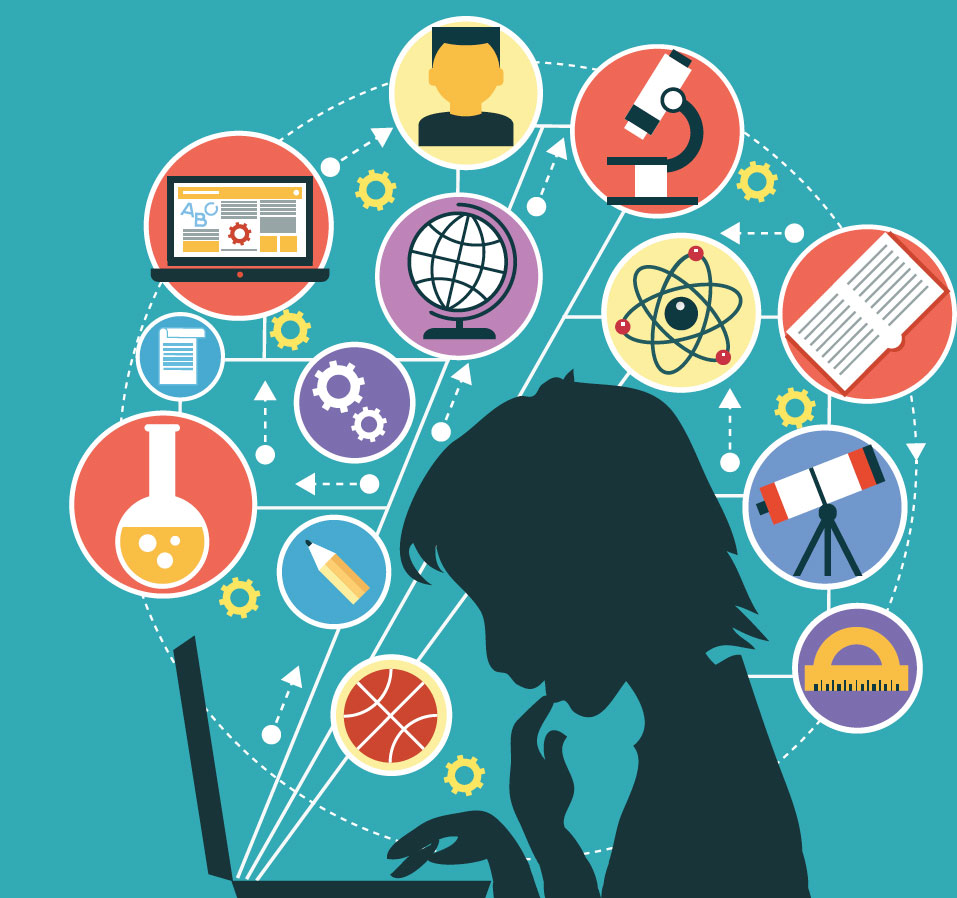Resources
Florida Center for Reading Research
Drawing from multiple disciplines, FCRR investigates all aspects of reading and reading-related skills across the lifespan. Through rigorous and robust research, innovation, and engagement, FCRR advances the science of reading to improve learning and achievement from birth through adulthood.
Understood.org
A useful resource of programs for parents of children with learning differences.
Haskins Global Resources
The Haskins Global Literacy Hub is an international and interdisciplinary collaborative non-profit organization bringing researchers, practitioners, educators, and technology specialists to bring literacy to all.
International Dyslexia Association (IDA)
They are an organization that is seeking to create a future for all individuals who struggle with dyslexia and other related reading differences so that they may have richer, more robust lives and access to the tools and resources they need.
National Center for Learning Disabilities (NCDL)
NCLD improves the lives of the 1 in 5 with learning and attention issues by empowering parents and young adults, transforming schools, and advocating for equal rights and opportunities.
National Center on Improving Literacy
A resource hub for parents and families of children with learning differences. Useful topics include remote learning, dyslexia, early reading, interventions and much more.
Child Development (Harvard University Center on the Developing Child)
A research and development platform for science-based innovation focusing on research that can significantly inform better life outcomes for children facing adversity.
Brain Facts (from brainfacts.org)
BrainFacts.org makes new scientific discoveries about the brain accessible to the public and provides background information on neuroscience, brain development and cognition.
Creativity from the Center for Childhood Creativity
This white paper focuses on reviewing research that informs critical components of creativity in children, and how to foster an environment that allows these components to blossom.
School Readiness from the Center for Childhood Creativity
This position paper aims to surface the skills and conditions that matter most for a child’s success in school and life, and to guide educators and others (including families) in designing learning experiences and environments to support this development.
Ask a Brain Scientist
In these free monthly sessions, Prof. Fumiko Hoeft, in partnership with AIM Academy, will engage with children about the intricacies of the brain. Children (and parents!) will learn about brain science on everyday topics, ask questions they might have, and get a glimpse into how research is done by a scientist. These monthly sessions go from October 2020-March 2021.
*This event has concluded. Future dates will be posted when available.
Selected Talks of Interest
Biology of Stealth Dyslexia
Talk Given April 2014 at the Dyslexic Advantage - UCSF Scientific Symposium
Teachable Moments Talk: Cognitive and Socio-Emotional Resilience in Dyslexia
Talk Given September 2016 to the AIM Academy (Conshohocken, PA)
Dyslexia, Learning Differently, and Innovation: TEDxSausalito
Talk Given November 2016 at TEDxSausalito (Sausalito, CA)
UCSF Dyslexia Center
In this film, James Redford interviews Gavin Newsom for the UCSF Dyslexia Center.
Global URLI-UCSF brainLENS Partnership
Highlighted in the video the work of brainLENS in Pupua New Guinea with UniSkript, a transformative new writing system.


